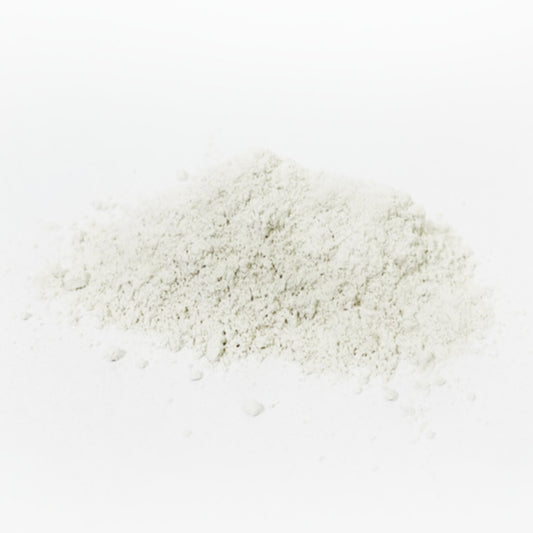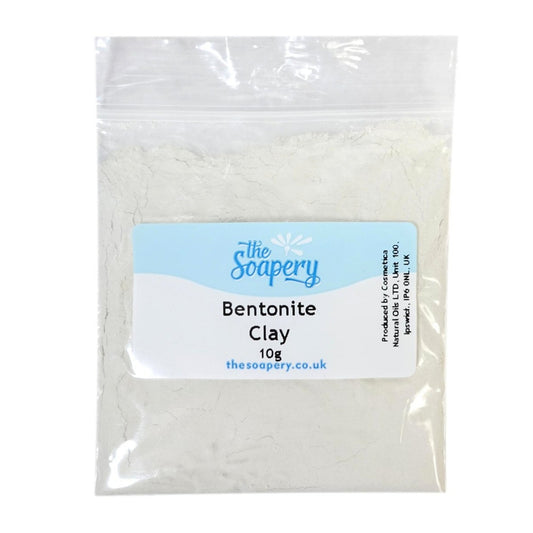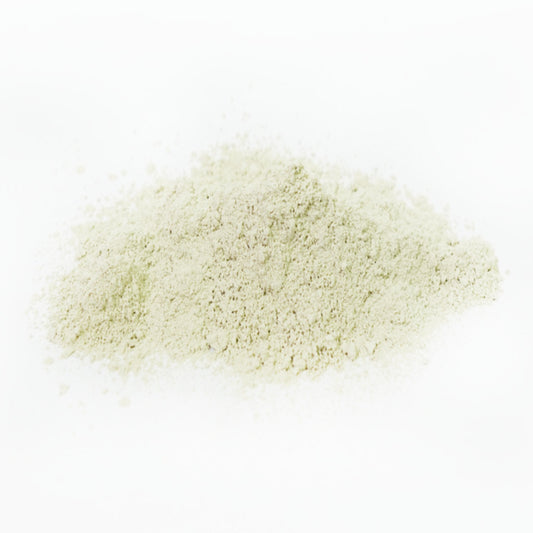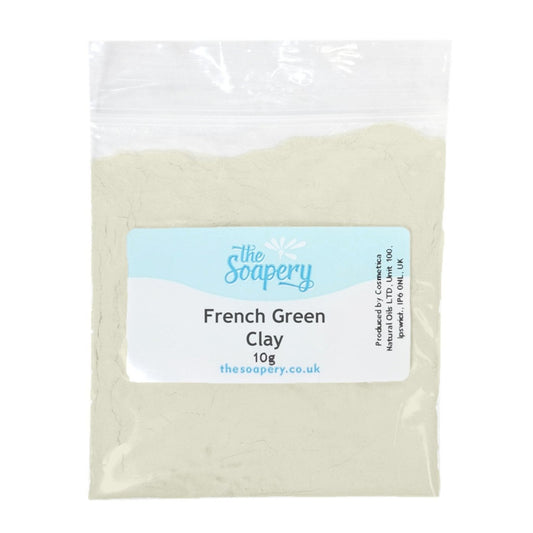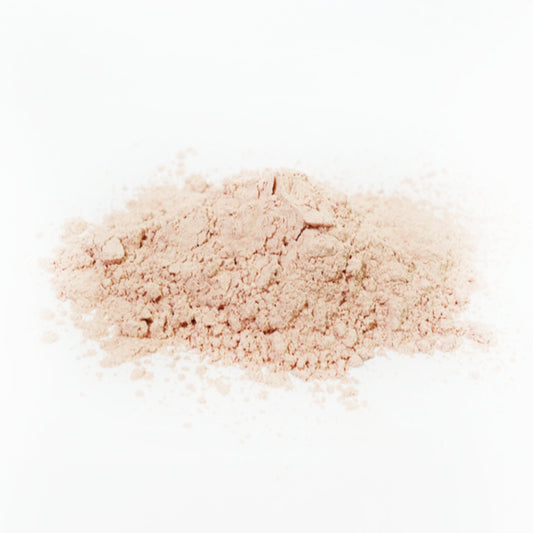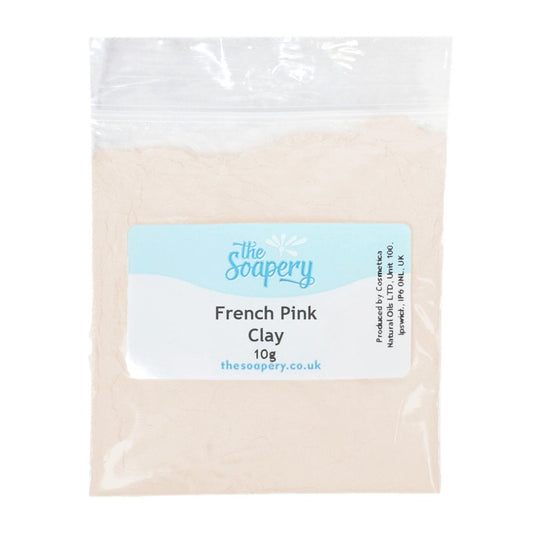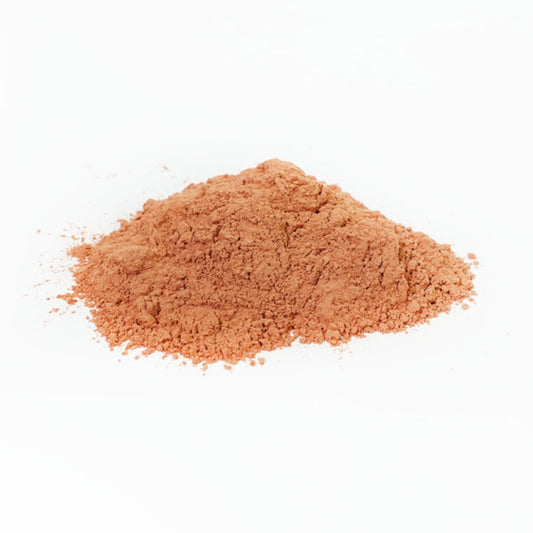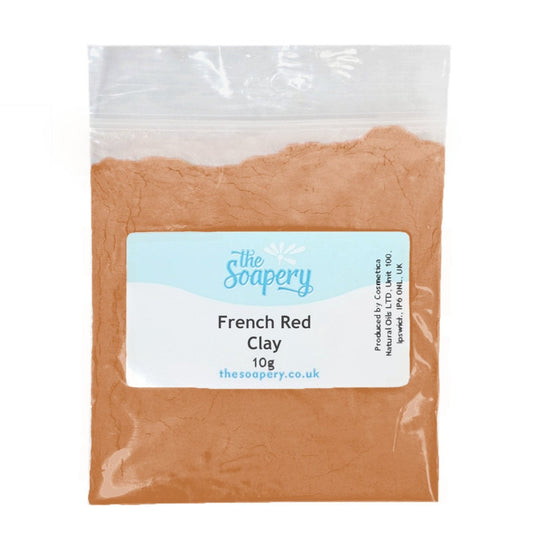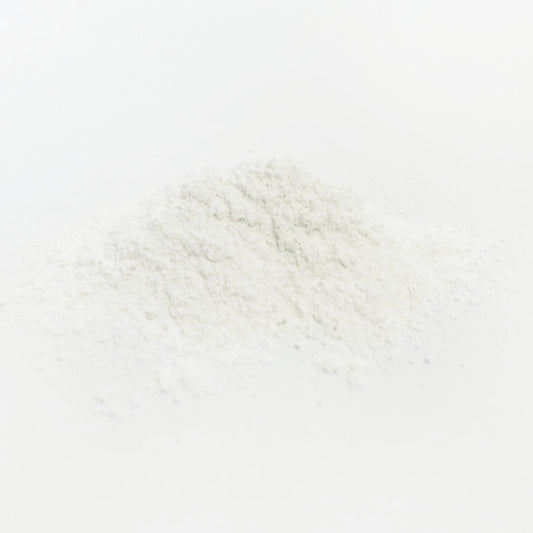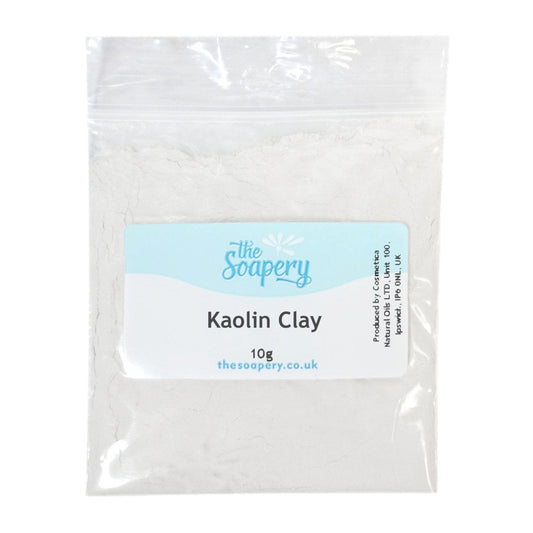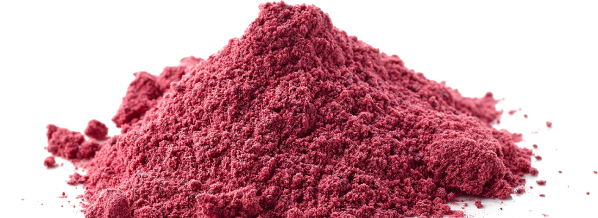
Why choose The Soapery?
-
Free Mainland UK Shipping
Get your ingredients quickly at no extra cost.
-
Same Day Dispatch*
Order before 3pm to have your package sent then and there.
-
Low Pricing
No glossy marketing or false promises mean big savings.
-
Ethical Suppliers
No qualms here. Our ingredients are ethically and sustainably sourced.
About Cosmetic Clays
Discover the best clay for your skincare needs, from the gentle exfoliation properties of kaolin white clay to the blemish-fighting power of French green clay.
Whether you're whipping up rejuvenating soap, invigorating face scrubs, or natural deodorant, these ingredients are a must-have in cosmetics.
Mined from finest minerals, rocks and deposits, our cosmetic clays are suitable for all skin types, including sensitive skin. Embrace the benefits of nature and elevate your skin care routine with our selection of premium clays.
Learn More About Cosmetic Clays
Bring out the best in everything from skin to hair with natural clays.
That’s right - these earthy ingredients aren’t just for pottery; they're perfect for cosmetic creations too! From white kaolin to pink, red, and green French, clays boast all sorts of oil-absorbing, exfoliating, and detoxifying qualities!
What are Cosmetic Clays?
Say hello to cosmetic clays - mother nature’s mineral-packed crafting ingredient! These raw wonders are the ultimate multitaskers, bringing everything from oil-pulling abilities to beautifully muted pigments to the table.
Pulled from the depths of the earth, our brilliant range of clays comes in a variety of earthy colours and textures, each with their own unique benefits. Whether used as gentle exfoliants, powerful detoxifiers, or simple skin softeners, they’re bound to leave smooth, radiant complexions in their wake - making them a top choice for many of our makers.
Browse our selection to discover some of the most popular, high-quality clay variants the cosmetics industry has to offer - each in a perfectly milled, ready-to-mix powder form.
How to Use Clay in Cosmetics
These earthy additions aren’t just good for the skin! Ready to transform your creation?
Start by mixing a pinch of clay powder with your moisturising agent to create a paste. Depending on your chosen clay, the results could be anything from velvet smooth for easy application to gently gritty for exfoliation! Once you've achieved your desired consistency, add the mixture to your soap or cosmetic base.
But don't stop there! Experiment with our full range of clays to feel their unique benefits. Why not give French green a go for oily skin or craft with kaolin for the perfect gentle formula? The possibilities are endless!
Of course, no two cosmetic clay recipes are made equal. For full recipes, processes, tips, tricks, and more, why not visit our blog?
The Benefits of Cosmetic Clays
Packed to the brim with skin-loving benefits bound to leave skin feeling refreshed, rejuvenated, and radiant, these mineral-based wonder-powders just can’t be overlooked.
Good for both people and the planet, our unprocessed, 100% natural clays are a must-have in any maker’s collection. Whether you're creating soap, face masks, or other cosmetics, with any cosmetic clay on hand, you’ll be able to detoxify, exfoliate, nourish, hydrate, and protect!
These skincare saviours are versatile, effective, and can be used to create all sorts of different products. From drawing out impurities and excess oils to gently removing dead skin, natural clays and their mineral-rich compositions are - in the best possible way - naturally effective.
So, why not get started? Add some clay to your creations.
Our Favourite Skincare Recipes
We Value Each of Our Customers
Accreditations/Awards
We’re committed to offering a vast range of all-natural, organic products certified by The Soil Association, and we take pride in doing our part for the world around us.
Like most ingredients, the oils, butters, powders, and decorations in your handmade products are farmed or extracted from the natural world. Those certified as organic by the Soil Association were grown, produced, and harvested in line with strict regulations designed to protect and sustain the environment, including soils, ecosystems, animals, and people.

